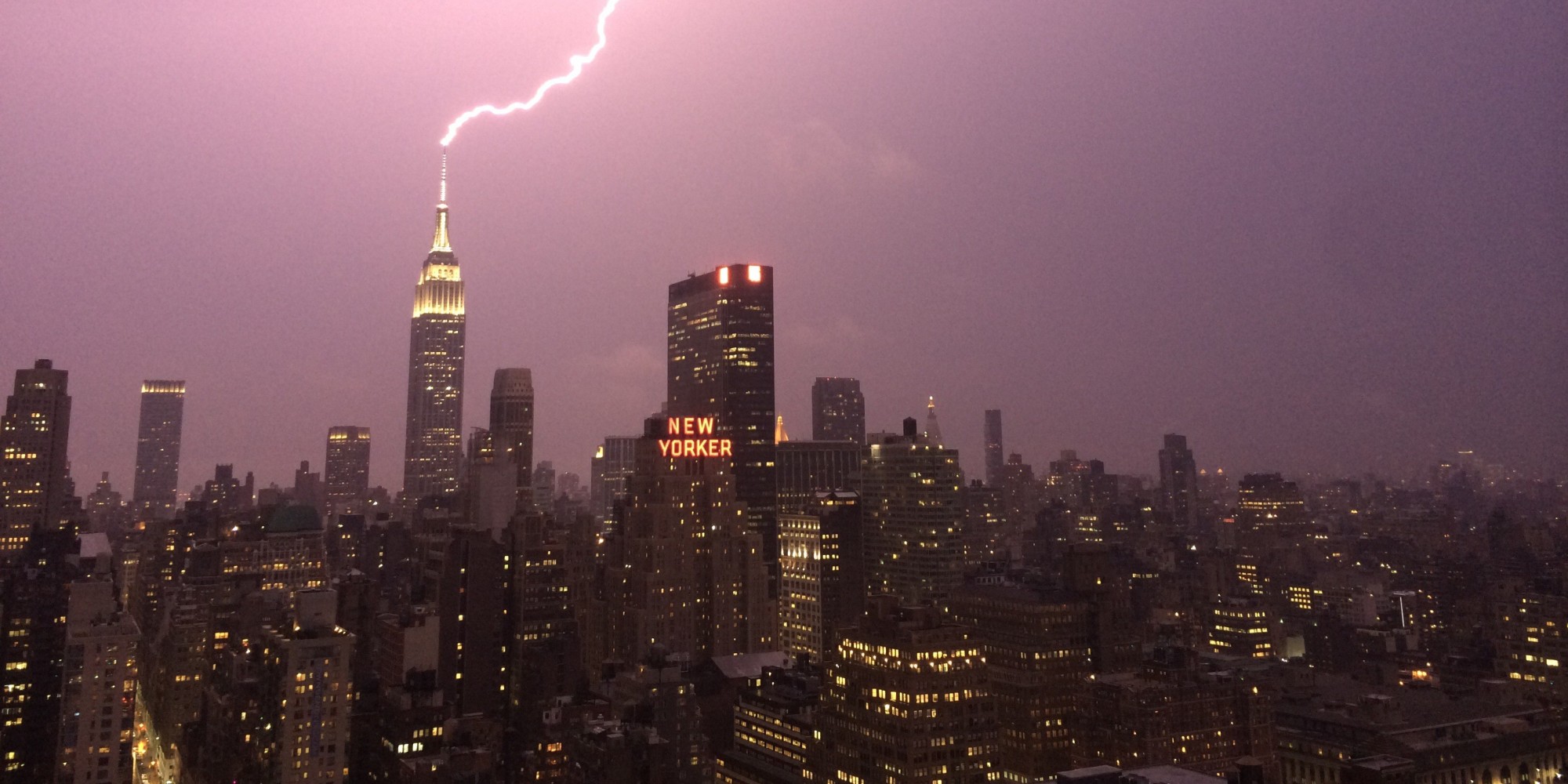We probably do it. It might be ingrained from when we were kids, and now it’s almost automatic. We see the flash of lightning – and we immediately start counting the seconds till it thunders.
But does counting really get us a good estimate for how far away the lightning is? Is this one of those old wives’ tales, or is it actually based on science? In this case, we have physics to thank for this quick and easy – and pretty accurate – calculation.
So what happens when a big storm rolls in?
The lightning we see is the discharge of electricity that travels between clouds or to the ground. The thunder we hear is the rapid expansion of the air in response to the lightning’s intense heat.
If we’re really close to the lightning, we will see it and hear the thunder simultaneously. But when it’s far away, we see and hear the event at different times. That’s because light travels much faster than sound. Think of sitting in the nosebleed seats at a baseball game. We see the batter hit the ball a second before we hear the crack of the bat.
When observing an event on Earth, we see things almost the instant they happen – the speed of light is so fast we can’t even detect the travel time. The speed of sound is much slower, which gives us time to do our calculation.
Let’s simplify the speed equation: Sound travels a little over 700 miles per hour, or 700 miles in 3,600 seconds. That means 7 miles traveled every 36 seconds. Make this even easier and round down to 7 miles every 35 seconds … or 1 mile every 5 seconds! Count to 5: If we hear thunder, the lightning occurred within 1 mile.
Now that we know how far away that lightning strike was, is it far enough to be a safe distance from the storm? That’s actually a tricky question. Thunder can be heard up to 25 miles away, and lightning strikes have been documented to occur as far as 25 miles from thunderstorms – known as a “bolt from the blue.” So if we can hear thunder, we’re close enough to be hit by lightning, and sheltering indoors or in an enclosed car is our safest bet.
This article was originally published on The Conversation. Read the original article.
Read more at the Science Pole App

No comments:
Post a Comment